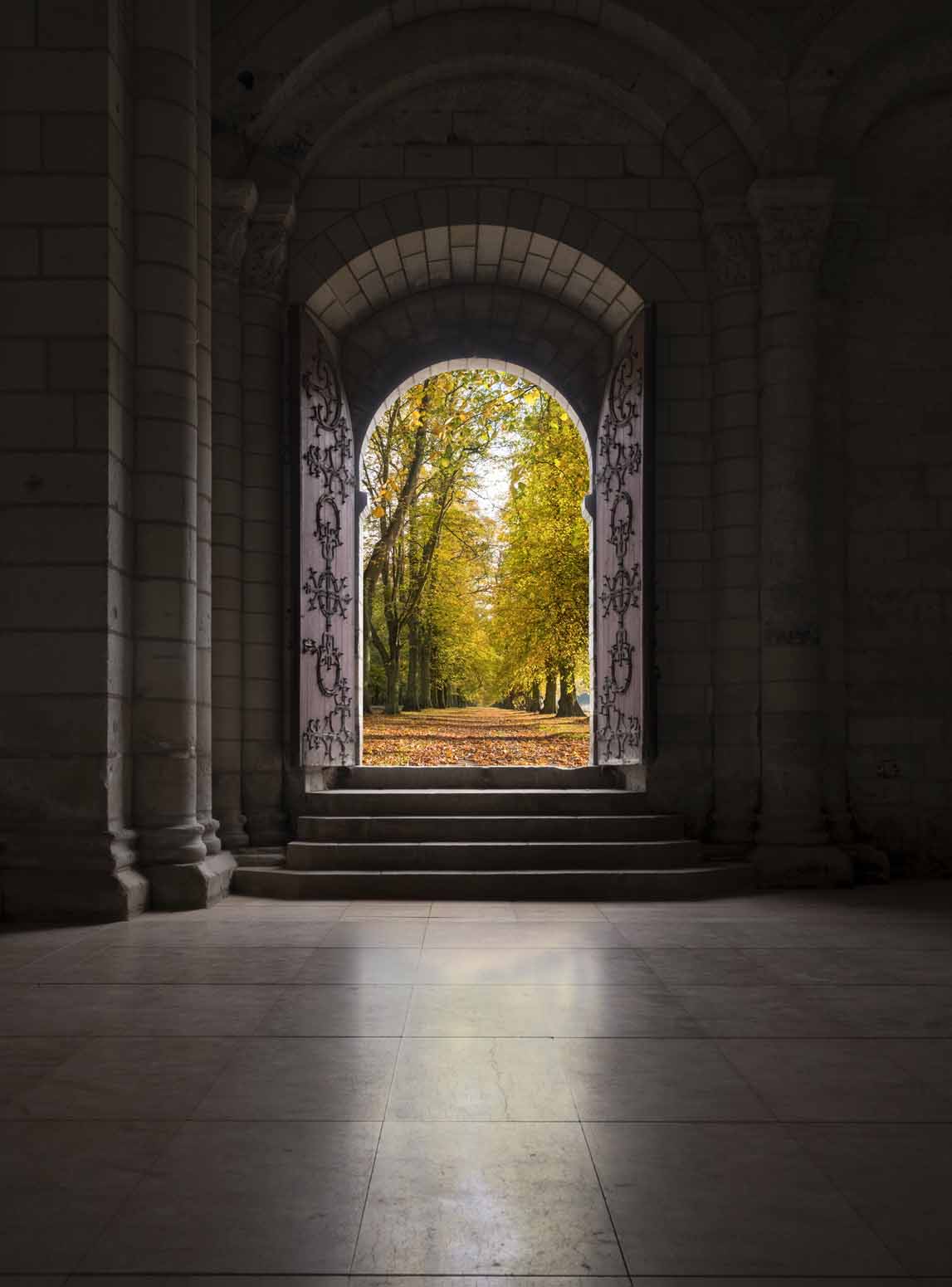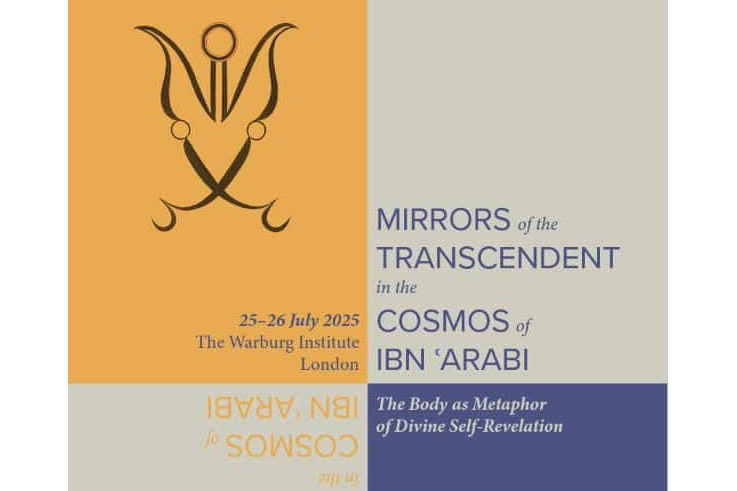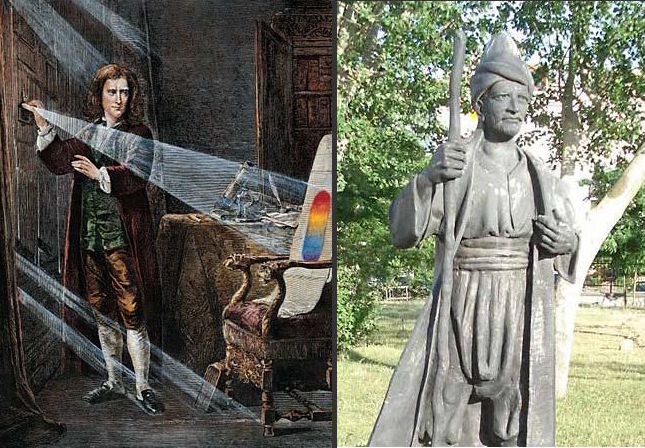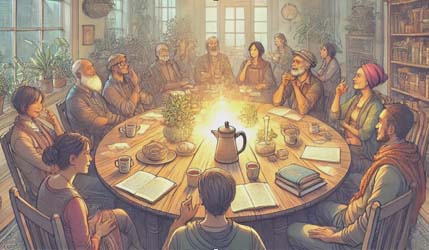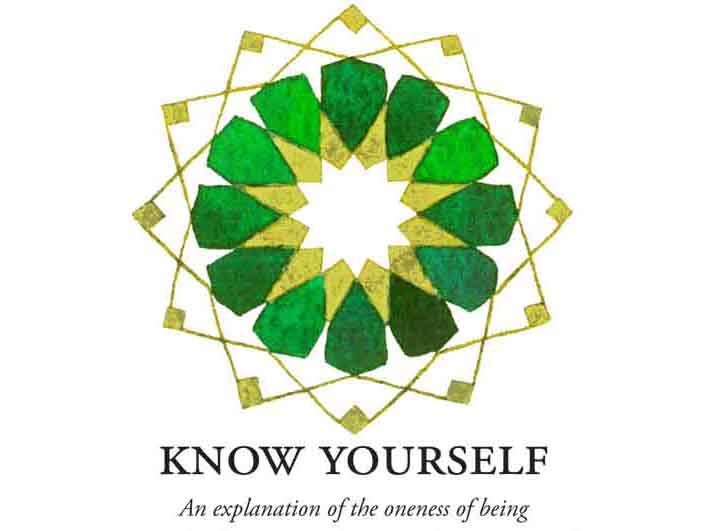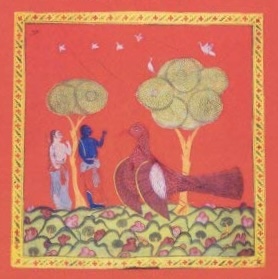Awhad al-Din Kirmani: a talk by Lloyd Ridgeon
Sunday November 20, 2016.
11am
Dr Lloyd Ridgeon of the University of Glasgow delivers a talk on the Persian poet Awhad al-Din Kirmani (1163–1238) at the Chisholme Institute.
I gaze upon forms with my optic eye,
Because the traces of spiritual meaning are to be found in forms.
This is the world of forms, and we reside in forms,
The spiritual meaning cannot but be seen in forms.
Awhad al-Din Kirmani (1163–1238) was a Persian poet and mystic, who as been described as “the very prototype of a teaching Sufi master”, with miraculous abilities and a powerful spiritual charisma. However, he was also controversial, even within Sufi circles. Kirmani became well known for developing his own form of shahid bazi, a formalised practice of contemplating the beauty of God which “involved contemplation of beautiful human faces, usually young, beardless boys, and this was often accompanied, or took place at, gatherings called samāʿ where music and dancing were used to bring the participants to a state of ecstasy.” (See Jane Clark’s paper on Awhad al-Din Kirmani as part of a course for the University of Oxford, Department for Continuing Education, 2012).
Dr. Lloyd Ridgeon introduces the subject of this talk at the Chisholme Institute as follows:
“Awhad al-Din Kirmani, was a great friend of Ibn Arabi and who also took as his ward Sadr al-Din Qunawi. However, there is nothing metaphysical in the hagiography, and it is difficult to work out a coherent metaphysical system in Kirmani’s poetry. That being said, there is much of an ethical import in the hagiography, and the controversy surrounding Kirmani’s views on shahid bazi (or witnessing God’s beauty in physical forms) says much about human nature and the Sufis who criticised him.”
Dr Lloyd Ridgeon is involved in research on Islamic history, theology and politics; Classical and Modern Sufism; Iranian history and culture, and Persian literature at the University of Glasgow, School of Critical Studies. He recently contributed to an edition of the BBC Radio 4 program In Our Time about the poetry of Rumi, along with Alan Williams and Carole Hillenbrand.
